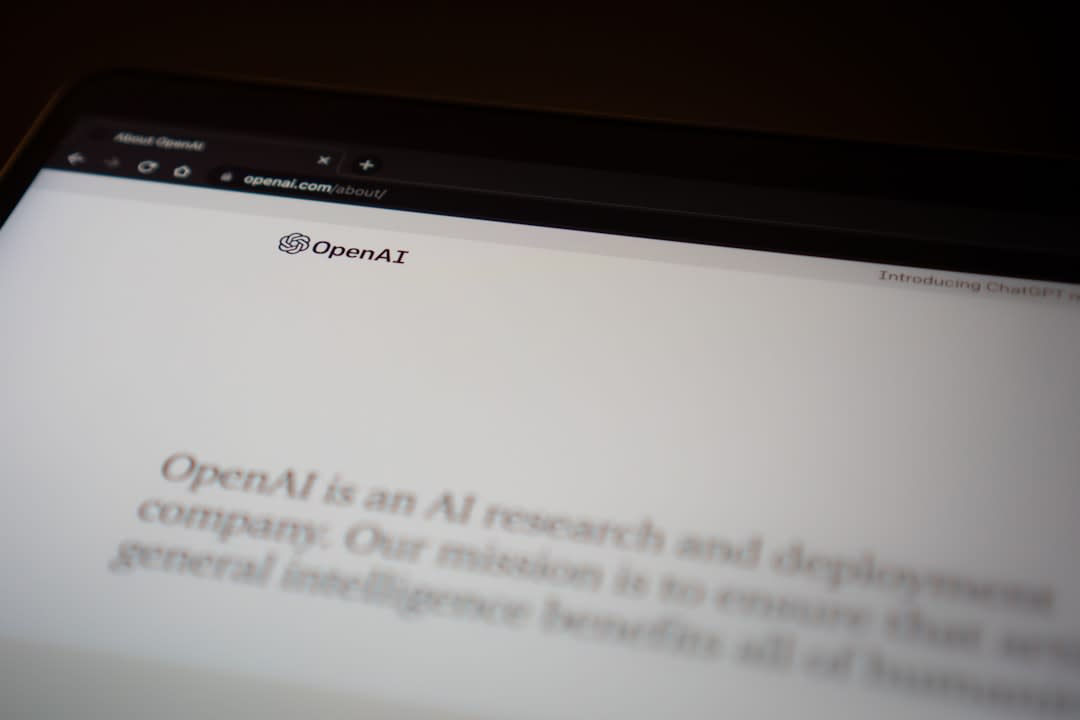OpenAI's Codex: Revolutionizing the Future of Software Development
3 min read

In an astonishing leap forward for artificial intelligence in software development, OpenAI has unveiled Codex, its first comprehensive AI agent dedicated to coding. Codex promises to drastically change the landscape of programming by automating mundane coding tasks and potentially increasing productivity for developers worldwide. But what exactly does Codex offer, and how might it reshape the future of programming?
A Glimpse into Codex's Capabilities
Codex, as introduced by OpenAI, is designed to replicate a developer's environment seamlessly, executing tasks that typically consume valuable time. This AI agent can complete coding tasks within a span of 30 minutes, a feat that signifies a remarkable advancement in AI-driven development tools. By analyzing and understanding the context of a given coding environment, Codex can autonomously generate, debug, and enhance code, allowing developers to focus on more creative aspects of software development.
The Promise of Increased Efficiency
The potential impact of Codex in streamlining software development processes cannot be overstated. By delegating time-consuming tasks to an AI agent, developers can allocate their efforts towards innovation and strategic problem-solving. Codex's ability to replicate the development environment means it can handle a variety of tasks, from script generation to bug fixes, without the need for constant human intervention.
This leap in efficiency could lead to a faster turnaround in project timelines, reduced development costs, and the democratization of coding expertise. Codex offers the possibility for even non-coders to engage with programming tasks, as its intuitive interface and guidance can lower the barrier to entry for software development.
Addressing Concerns and Challenges
While Codex presents numerous benefits, it also raises questions and challenges that need to be addressed. The primary concern lies in the potential for over-reliance on AI for coding. There is a risk that developers may become detached from the underlying principles of coding, leading to a decline in skill levels over time. Ensuring that AI complements rather than replaces human developers is crucial in maintaining quality and expertise in the field.
Moreover, the integration of AI in coding brings forth ethical considerations. As Codex becomes more capable, there is a need to establish clear guidelines and policies regarding AI-generated code, particularly in terms of accountability and intellectual property.
The Future of AI in Coding
The introduction of Codex is a testament to the potential of AI to transform software development. As OpenAI continues to refine and expand the capabilities of Codex, we can expect a future where programming is more accessible, efficient, and innovative. Codex may well be the precursor to a new era in technology where the boundaries between human creativity and machine efficiency blur, leading to unprecedented advancements in the digital world.
In embracing the potential of AI-driven development tools like Codex, the tech community must remain vigilant and proactive in addressing the challenges that accompany such advancements. By fostering a collaborative relationship between human ingenuity and machine precision, the future of coding promises to be an exciting frontier.
Source: OpenAI introduces Codex, its first full-fledged AI agent for coding
